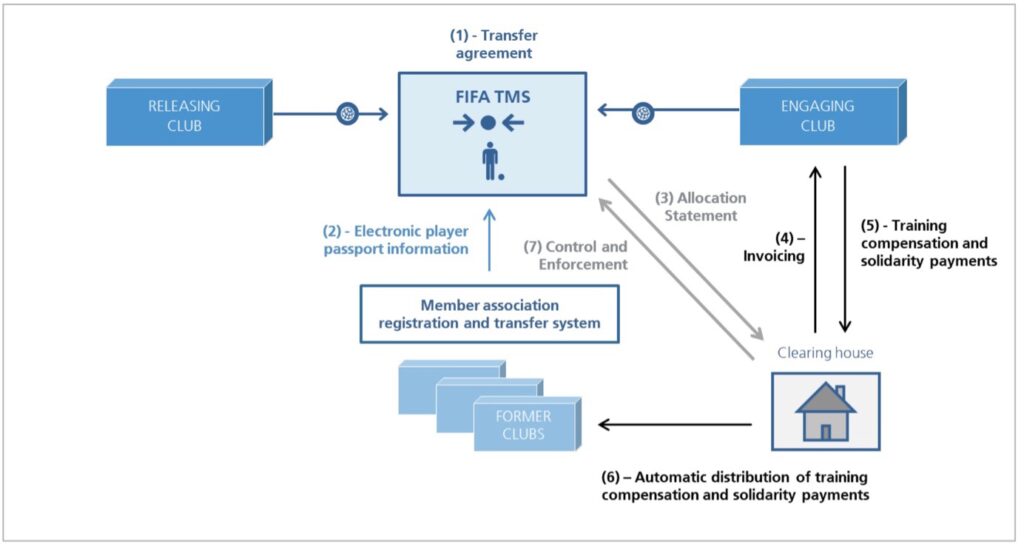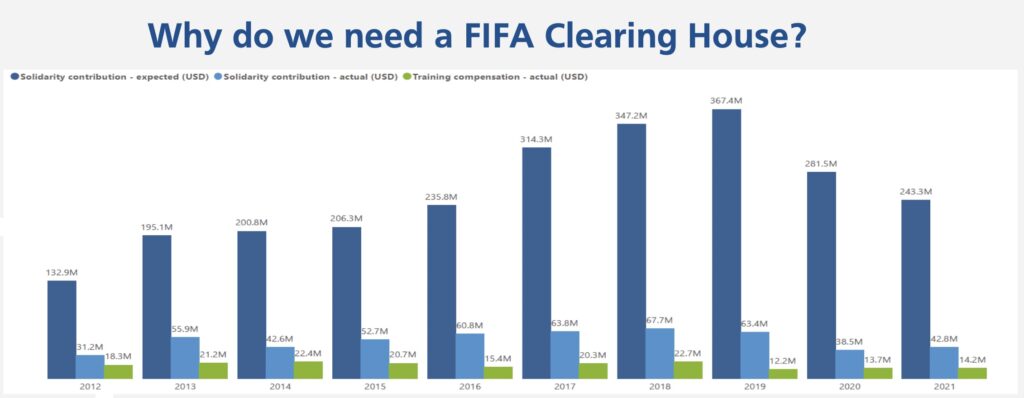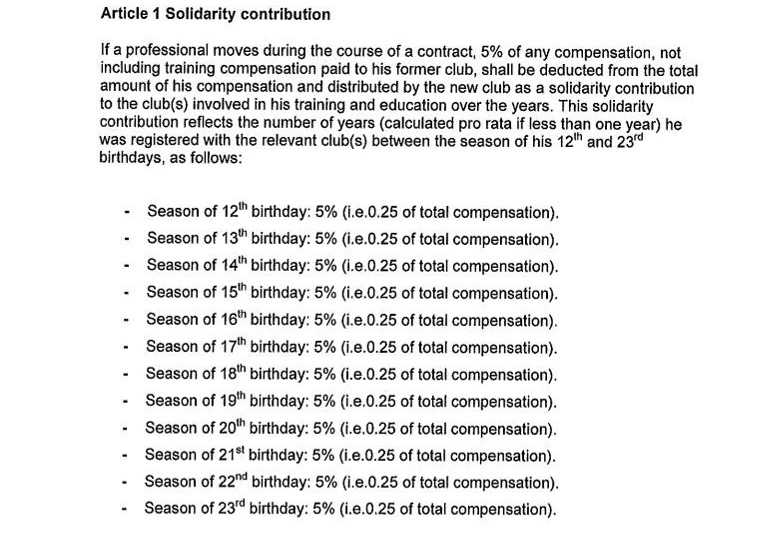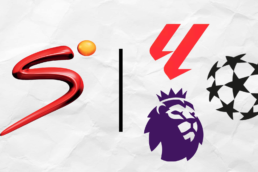For a long time, FIFA and its affiliates worldwide have been battling the scourge of poor administration at a local level, lack of transparency in player transfers between clubs, age fraud or the falsification of player age in football’s junior ranks among other admin related issues. To illustrate FIFA and its affiliates’ pain points, one needs to look at the recent unfortunate scandal at the inaugural Pan African Schools Championship, which saw the under 16 DRC team beating Senegal 3-1.

The issue of age fraud necessitated FIFA to introduce Magnetic Resonance Imaging (MRI) testing in 2009 for the FIFA under 17 World Cup to curtail bio data falsification in football’s junior ranks. Despite such intervention, age fraud continues unabated in competitions that take place in federations that have not digitized their administration systems. Age falsification in junior football is a worldwide phenomenon that FIFA and its affiliates want to eradicate. There are several reasons why age cheating is prevalent, among them,
1. Physical maturity being an advantage compared to genuine and appropriately aged players in junior leagues
2. European football player scouts prefer to recruiting younger players to sign lucrative contracts with big teams. An older player that purports to be younger would impress an unsuspecting scout with their physical maturity despite the players’ “young age.”
The FIFA Transfer Matching System is a web-based portal that provides football authorities with more details about a player from the time of initial player registration at junior level (under 12 years) to retirement.

The system culminates in players obtaining FIFA’s International Transfer Certificate (ITC) which is essentially a globally recognized “player passport” that allows for ease of verification in cases of transfer. By FIFA’s estimation, 80% of global solidarity payments go unpaid. With the transfer market hitting US$8 billion in 2018, that translates to a staggering R4.5 billion in unpaid solidarity payments, worldwide.

A transparent transfer system would be a welcome development for amateur, lower-division teams, football academies and indeed federations in 3rd world countries. More often when players are sold to big teams in European leagues, the selling and receiving teams exchange money among themselves while local teams that would have helped in the players’ development of players from grassroots level do not get fair compensation for their hard work. Local teams and academies would develop even more players and fill the transfer pipeline if they benefitted from proceeds of players they groomed to stardom.
The FIFA Rules on the Status and Transfer of Players
The regulations, outline how clubs are to be compensated for the training and development of players who go on to be successful and sign contracts to play football professionally with another club in another country. The rules outline when compensation is necessary and how that compensation is calculated. The rules also require associations to keep passports of all their players to record all clubs at which the players trained.

One needs to cast their mind to yesteryear South Africa where we had teams like Winter Roses and Two for Joy. These two developed some of the country’s best players. However, the teams could not sustain themselves for lack of funds. One wonders what could have been had the FIFA Rules on the Status and Transfer of Players had been enforced by the local football governing body.
The SAFA and Inqaku Solution
Inqaku FC (Pty) Ltd is an authorised financial services provider with capabilities in software development. The company joined forces with SAFA to bring innovative football player and club administration solutions that will assist South Africa based football clubs to conform with FIFA regulations.Inqaku developed a platform that the local football governing body christened MYSAFA. The platform has features that align with the SAFA and FIFA regulations. Inqaku says historically, players competing in official leagues were registered locally at one of 341 SAFA Local Football Associations (LFA) or 52 regional offices.
The result of this decentralised approach was a lot of confusion about who played football and where. Identity theft and age cheating was also a common problem in some leagues and there were very few data-driven ways to scout talent. It is hoped that the technology platform will be exported to Confederation of African Football affiliates to bring about uniformity in football administration across the continent.
Related Posts
February 20, 2024
World Sports Betting To Sponsor Western Province Cricket Association
World Sports Betting has announced a renewed sponsorship agreement with the…
February 20, 2024
MultiChoice Renews Rights To LALIGA, EPL And Champions League
SuperSport, the leading African sports broadcaster, has made significant…
February 20, 2024
New World TV Secures UEFA Competition Rights For Frech-Speaking Sub-Saharan Africa
New World have secured exclusive rights to broadcast the UEFA Champions League,…



